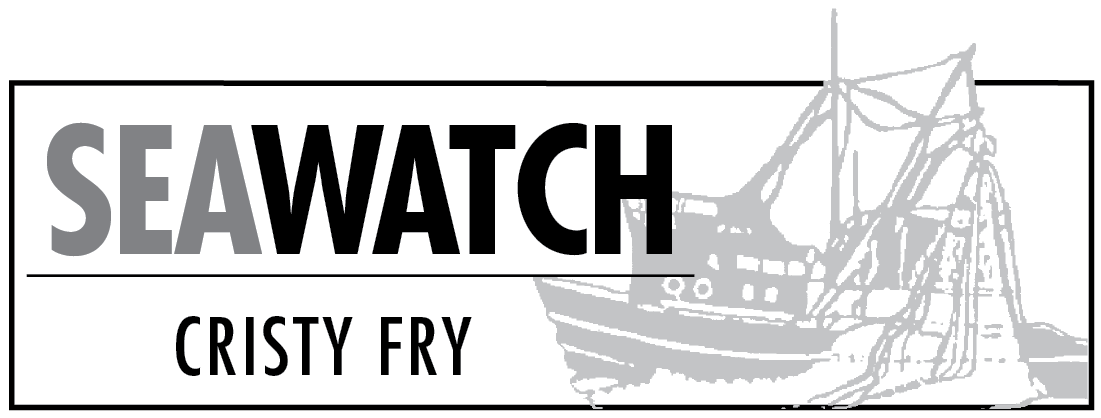The Bristol Bay salmon fishery is one step closer to a potential buyback program with the release of a report by Northern Economics, commissioned by the Bristol Bay Regional Seafood Development Association, exploring various possible scenarios and structures of a buyback.
The study is in response to a survey sent out a year ago in which 81 percent of permit holders who sent it back said they would be interested in further information.
While the report looks at the possible design and economic outcomes of a permit buyback, it does not address the socio-economic information necessary to fully evaluate the potential outcomes and impacts of a buyback program in the Bristol Bay drift fishery.
What it does do is give fishermen the tools they need to decide if the idea warrants collecting that information.
After members review and analyze the report, BBRSDA will survey them about proceeding.
There are 1,866 drift permits in Bristol Bay, and the latest analysis from the Commercial Fisheries Entry Commission places the optimal number at somewhere between 800 and 1,400.
However, not all the permits are active.
According to the report, about 80 percent of the permits have been active since the mid-2000s.
The problem is that buyback programs tend to scoop up latent permits, which does nothing to reduce fleet size.
The report states that it is important to note that although it would be legally difficult to bar outright certain permit holders from participating in a buyback program based on their residency, level of fishing activity or some other factor, it is possible to design a buyback so as to favor the removal of permits with particular characteristics.
The trick is to add program design elements, such as bid ranking systems, that make certain permits more likely to be removed from the fishery than others.
Other hurdles include the Alaska Constitution, which forbids creating an “exclusive” fishery, funding and the fact that there has never been a CFEC-administered buyback, so the regulatory framework is uncertain.
The Limited Entry Act allows for a voluntary buyback if it meets certain criteria, which are laid out in the report.
The BBRSDA will hold a panel discussion on the buyback at Pacific Marine Expo in Seattle on Nov. 20. They would like to hear member comments before then at input@bbrsda.com. Find the report at www.bbrsda.com.
Cristy Fry can be reached at realist468@gmail.com.



